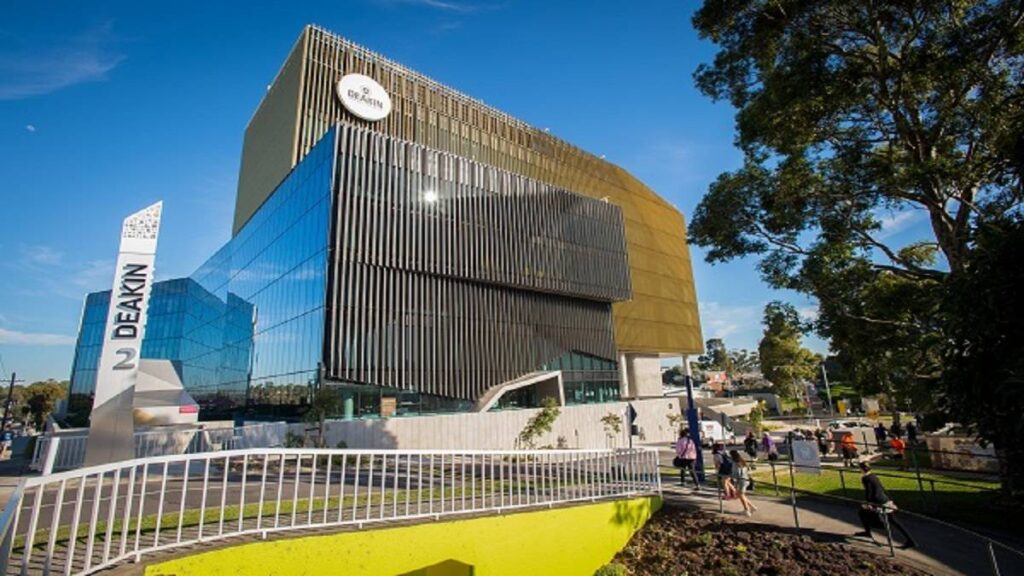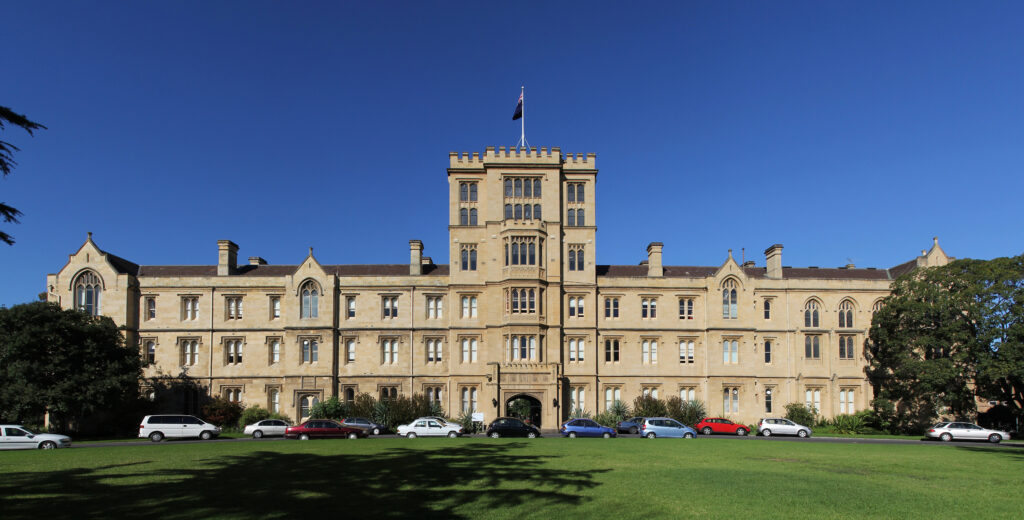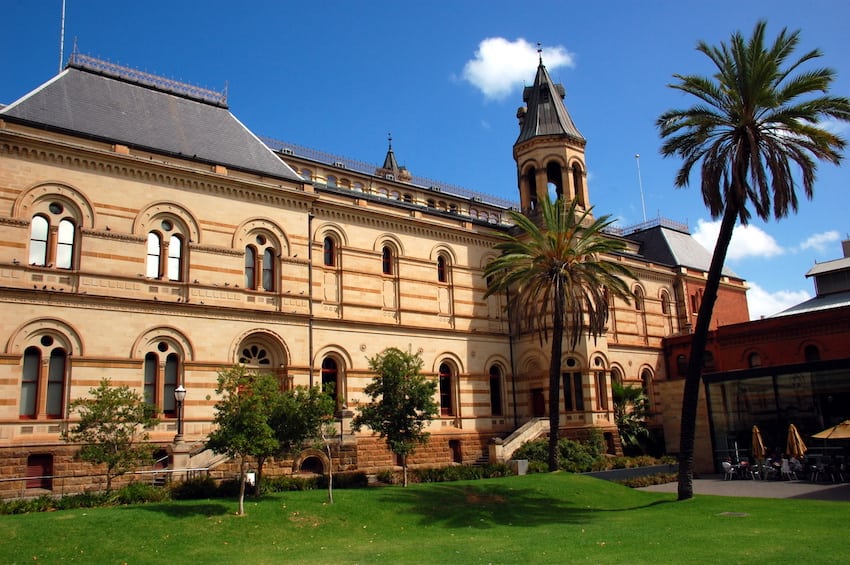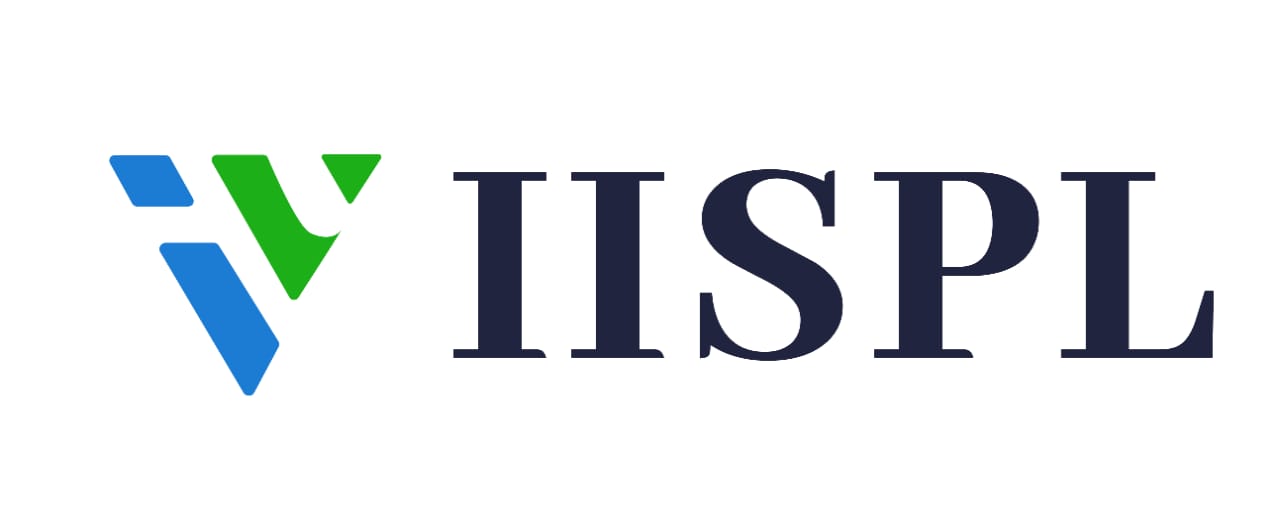Australia

Top Australian Universities for International Students
Choosing the right university is a key step toward building a strong academic foundation and launching a successful global career. Australia is renowned for its high-quality education system, multicultural society, and innovative research opportunities. Below are five universities in Australia that are popular among international students for their diverse programs and supportive learning environments.

🇦🇺 Deakin University
📍 Victoria (Melbourne, Geelong, Warrnambool)
Deakin University is known for its innovative teaching, strong industry links, and a focus on real-world skills. With modern campuses and a flexible online learning platform, it offers a student-friendly environment ideal for both local and international students.
Quick Facts:
Ranked in the top 1% of universities worldwide (QS)
Known for student satisfaction and support services
Strong emphasis on work-integrated learning and employability
Popular Programs:
Business and Management
Health Sciences
Engineering and Information Technology

🇦🇺 Monash University
📍 Melbourne, Victoria
Monash is a prestigious member of the Group of Eight (Go8) and is known for its global research impact, vibrant campus life, and world-class facilities. It has campuses in Australia and internationally, including in Malaysia and India.
Quick Facts:
Ranked #37 in the world (QS World University Rankings 2025)
Top 50 worldwide for Pharmacy, Education, and Engineering
Strong global alumni network and industry partnerships
Popular Programs:
Medicine and Pharmacy
Data Science and Artificial Intelligence
Law and International Relations

🇦🇺 University of Melbourne
📍 Melbourne, Victoria
The University of Melbourne is Australia’s highest-ranked university and a leader in research and academic excellence. Located in the cultural heart of Melbourne, it offers an intellectually stimulating environment and a diverse international student community.
Quick Facts:
Ranked #14 in the world (QS 2025)
Member of the Group of Eight
Emphasis on research-led teaching and global engagement
Popular Programs:
Law and Legal Studies
Biomedical Sciences
Economics and Finance

🇦🇺 University of Adelaide
📍 Adelaide, South Australia
A member of the Group of Eight, the University of Adelaide is one of Australia’s oldest and most respected institutions. It combines academic tradition with cutting-edge innovation and offers a welcoming atmosphere in one of Australia’s most affordable cities.
Quick Facts:
Ranked in the top 100 globally (QS)
Strong research programs in health, science, and engineering
Known for high graduate employability
Popular Programs:
Engineering and Computer Science
Agricultural and Environmental Sciences
Medicine and Dentistry
Cost of studying in Australia
Tuition Fees
Tuition fees in Australia vary depending on the institution and program of study. On average:Undergraduate programs: AUD 20,000 to AUD 45,000 per yearPostgraduate programs: AUD 22,000 to AUD 50,000 per yearPrograms in fields like medicine and veterinary science may have higher tuition fees.
Scholarships and Financial Support:
All international students in Australia are required to have Overseas Student Health Cover (OSHC). The cost of OSHC typically ranges from:AUD 500 to AUD 700 per year This amount may vary depending on the insurance provider, level of coverage, and duration of stay.
Living Expenses
The cost of living in Australia depends on the city and lifestyle. On average, international students should budget around:AUD 21,000 to AUD 27,000 per year This includes accommodation, food, transport, utilities, and personal expenses. Major cities like Sydney and Melbourne tend to have higher living costs compared to smaller cities or regional areas.
Expense | Average Range | |
Tuition fees | AUD 20,000 – AUD 50,000 per year | |
Living expenses | AUD 21,000 – AUD 27,000 per year | |
Heath Insurance |
|
Need Expert Advice? Consult Our Specialists!
Indievisa’s immigration specialists provide personalized guidance and expert solutions to address your unique immigration queries and concerns.
Three intakes offered by Australian universities & colleges
Australian universities and colleges typically offer three main intakes throughout the year, giving international students flexibility to start their studies at a time that best suits their goals and schedules.
Semester 1 (February/March Intake)
Semester 1 is the primary and most popular intake in Australia. It usually begins in late February or early March and aligns with the academic calendar. This intake offers the widest range of programs and courses, and most international students choose to begin their studies during this period.
Semester 2 (July Intake)
Semester 2 starts in July and is the second major intake. Many universities offer a broad selection of programs during this period, though the number of courses may be slightly more limited compared to Semester 1. It’s a great option for students who need more time for visa processing or preparation.
November Intake (Summer or Trimester 3)
Some institutions, particularly those that operate on a trimester system, offer a third intake in November. This is the least common intake and is typically available at select universities. It usually features a smaller range of programs and is ideal for students looking to fast-track their studies or catch up on missed semesters.
Australian Study Visa Eligibility Criteria
To be eligible for an Australian student visa, you must demonstrate that you meet the academic requirements of your chosen course. Generally, this means:
For undergraduate programs, a minimum of 60% in Class 12 from a recognized education board.
For postgraduate programs, at least 50–55% in your bachelor’s degree, preferably from an institution recognized by bodies like the University Grants Commission (UGC) or the All India Council for Technical Education (AICTE).
Note: Entry requirements can vary by institution and program, and some competitive programs may require higher academic performance.
While study gaps are accepted by Australian institutions, you must provide valid documentation or explanations (e.g., work experience, internships, or certifications). Generally accepted gaps include:
Up to 2 years for undergraduate applicants
Up to 5 years for postgraduate applicants
Longer gaps may be accepted on a case-by-case basis with sufficient justification.
Australian universities are usually flexible with academic backlogs, but there are limits:
Up to 5 to 8 backlogs are generally acceptable for most institutions.
Some universities may accept up to 10 backlogs, depending on the overall academic profile and English proficiency.
Backlogs should ideally be cleared with no repeated failures in the same subject.
A strong Statement of Purpose (SOP) and other supporting documents can help strengthen applications with academic challenges.
Consult With Us
The Checklist you should follow if you want to study in Australia
Research Universities and Courses
Explore Australian universities, TAFEs, and colleges. Compare programs based on academic reputation, course content, location, tuition fees, and scholarship opportunities.
Check Entry Requirements
Review the institution’s entry criteria for international students, including:
Academic qualifications
English language proficiency (e.g., IELTS, TOEFL, or PTE)
Specific course prerequisites
Financial Planning and Proof of Funds
Understand the cost of studying in Australia, including:
Tuition fees
Living expenses
Overseas Student Health Cover (OSHC)
Ensure you can provide proof of funds, which is required for the student visa (subclass 500). Explore scholarships or sponsorship options if available.
Apply to Institutions
Submit applications to your chosen universities or colleges. Ensure all required documents are included:
Academic transcripts
English test scores
Statement of Purpose (SOP)
Letters of recommendation (if required)
Passport copy
Apply for a Student Visa (Subclass 500)
Once you receive your Confirmation of Enrolment (CoE), apply for your student visa online via the Department of Home Affairs. Prepare:
CoE from an Australian institution
Proof of OSHC
Valid passport
Evidence of funds and English proficiency
Arrange Accommodation
Choose your preferred accommodation:
On-campus housing
Off-campus rentals
Homestays
Book early to secure your spot, especially near the start of the semester.
Get Overseas Student Health Cover (OSHC)
OSHC is mandatory for international students. Purchase coverage for the duration of your stay from an approved provider. This is also a visa requirement.
Prepare for Arrival
Make travel arrangements and familiarize yourself with:
Australian customs and immigration procedures
Quarantine or health-related requirements (if any)
Currency exchange and travel insurance
Local climate and transport options
Open an Australian Bank Account
Opening a local bank account will help manage your finances more efficiently. Most banks offer student-friendly accounts with low or no fees.
Top Courses Offered by Australian Universities/Colleges
Business and Management
Business and management programs in Australia are internationally recognized and focus on practical skills and leadership development. Key areas of study include: Accounting and Finance, Marketing, International Business, Human Resource Management, Project and Supply Chain Management, MBA (Master of Business Administration)
Engineering
Australian universities offer world-class engineering programs with strong industry partnerships. Popular specializations include: Civil Engineering, Mechanical Engineering, Electrical and Electronics Engineering, Mining and Petroleum Engineering, Software and Computer Engineering
Computer Science and Information Technology
With a rapidly growing tech industry, Australia offers top-tier IT programs. Students can specialize in: Data Science, Artificial Intelligence and Machine Learning, Cybersecurity, Software Development, Cloud Computing and Networking
Medicine
Australia has a strong reputation for health and medical education, supported by high-quality research and clinical training. Popular fields include: Medicine, Nursing, Public Health, Physiotherapy, Pharmacy, Occupational Therapy
Arts and Humanities
Australian institutions offer a broad range of programs in the arts and social sciences, allowing students to explore culture, society, and human behavior. Popular majors include: Psychology, Sociology, History, Philosophy, Political Science, Anthropology
Hospitality and Tourism Management
Australia’s world-famous tourism industry makes it a great place to study hospitality. These programs often include internships and real-world training: Hotel Management, Event Management, Tourism and Travel Management, Culinary Arts
Best Colleges/Universities in Australia
College/University | Global Rank |
University of Melbourne | 14 |
University of Sydney | 18 |
University of New South Wales (UNSW Sydney) | 19 |
Australian National University (ANU) | 30 |
Monash University | 37 |
University of Queensland (UQ) | 40 |
University of Western Australia (UWA) | 77 |
University of Adelaide | 89 |
University of Technology Sydney (UTS) | 90 |
Macquarie University | 129 |
